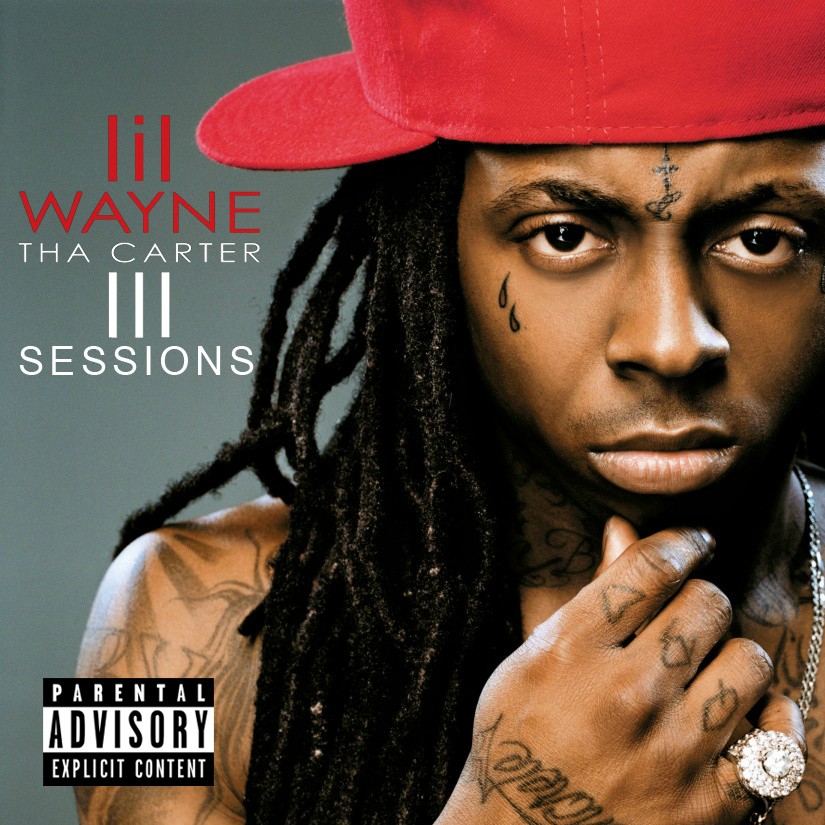
Carter v download free code#
Accordingly, the 3 The first sentence of OCGA § 17-8-26 provides: A member of the General Assembly who is a party to or the attorney for a party to a case any member of the Office of Legislative Counsel, including the legislative counsel and persons provided for under subsection (d) of Code Section 28-4-3, appearing on behalf of the General Assembly in a case or any member of the staff of the Lieutenant Governor, the Speaker of the House of Representatives, or the chairperson of the Judiciary Committee or Special Judiciary Committee of the Senate or of the Judiciary Committee or Judiciary, Non-civil Committee of the House of Representatives who is the lead counsel for a party to a case pending in any trial or appellate court or before any administrative agency of this state shall be granted a continuance and stay of the case. In the proposed scheduling order, Attorney Jones notified the court of the stay and the relevant dates, Carter’s counsel signed off on the proposed scheduling order, and the trial court executed the scheduling order. We need not resolve this issue, however, because we hold that Ford’s counsel was entitled to rely on the court’s adoption of the proposed scheduling order including the stay, regardless of whether the stay was fully supported by the language of the statute. The statute is somewhat ambiguous in that it is unclear if the stay applicable to members of the General Assembly only applies to someone “who is the lead counsel for a party to a case” the statute could be read as applying this limitation 3 only to another category of legislative personnel.3 And the record shows that Charles Lyons, not Jones, was lead counsel for Ford. all aspects of the case,” including from having to respond to motions. pending in any trial or appellate court or before any administrative agency of this state shall be granted a continuance and stay of. Under Georgia law, a member of the General Assembly who is “the attorney for a party to a case. Ford appeals and contends the trial court erred by failing to respect the statutory leave of court when it ruled on Carter’s motion to dismiss. 2 the court dismissed Ford’s action on the ground that Ford had failed to carry her burden of demonstrating diligence in effecting service. 2 A party opposing a motion to dismiss must “file a response, reply memorandum, affidavits, or other responsive material” within 30 days after service of the motion. Nine days later, 1 The notice included that, in accordance with the statute, the leave would commence on January 6, 2020, one week in advance of the legislative session, and conclude on or about April 20, 2020. Jones II notified the court that as a member of the General Assembly he was entitled to statutory leave of court under OCGA § 17-8-26 beginning on January 6, 2020.1 Nevertheless, on December 13, 2019, Carter moved to dismiss on the ground that the applicable limitation period had run and that Ford had failed to act diligently in attempting to perfect service thereafter Ford’s response was due on Monday, January 13, 2020, within the stay.2 She did not respond to the motion. In the scheduling order, which both attorneys signed, Ford’s co-counsel Harold V. Pursuant to the trial court’s preliminary case management order, the parties submitted a proposed scheduling order, which the court approved and signed. Carter answered and asserted defenses, including insufficient service of process because service occurred after the applicable limitation period had expired. Carter was served with the summons and complaint on August 23, 2019. The record shows that Ford filed suit against Carter on for injuries that allegedly occurred on May 28, 2017. We hold that Ford’s counsel was entitled to rely on the trial court’s scheduling order recognizing that an automatic stay was in effect at the time she was required to respond to the motion to dismiss. Ford appeals, arguing that her counsel was protected from having to respond to Carter’s motion to dismiss by the automatic stay granted to members of the General Assembly, and that, therefore, the trial court erred by ruling on the motion.

The trial court granted Carter’s motion to dismiss on the ground that Ford failed to present evidence that she acted diligently in attempting service after the statute of limitation expired. Carolyn Ford filed a slip-and-fall action against Connie Carter four days before the running of the applicable limitation period but did not serve Carter with process until 12 weeks later. DecemIn the Court of Appeals of Georgia A20A1725. NOTICE: Motions for reconsideration must be physically received in our clerk’s office within ten days of the date of decision to be deemed timely filed.


 0 kommentar(er)
0 kommentar(er)
